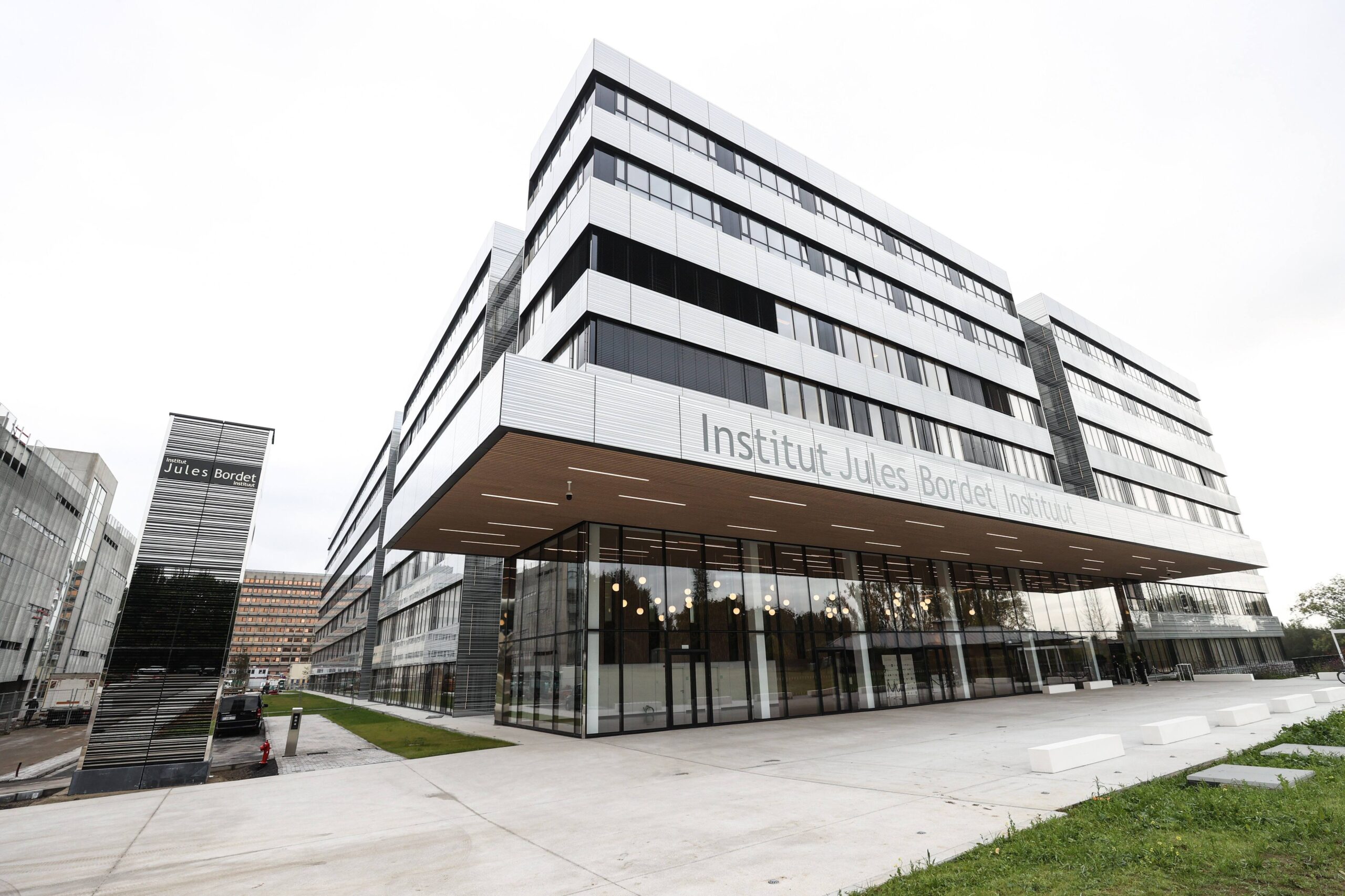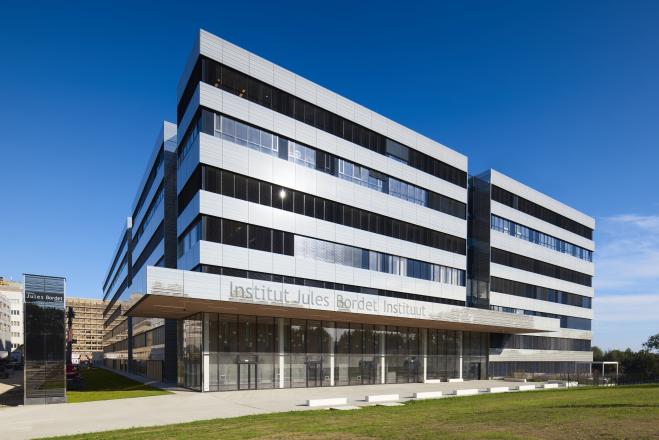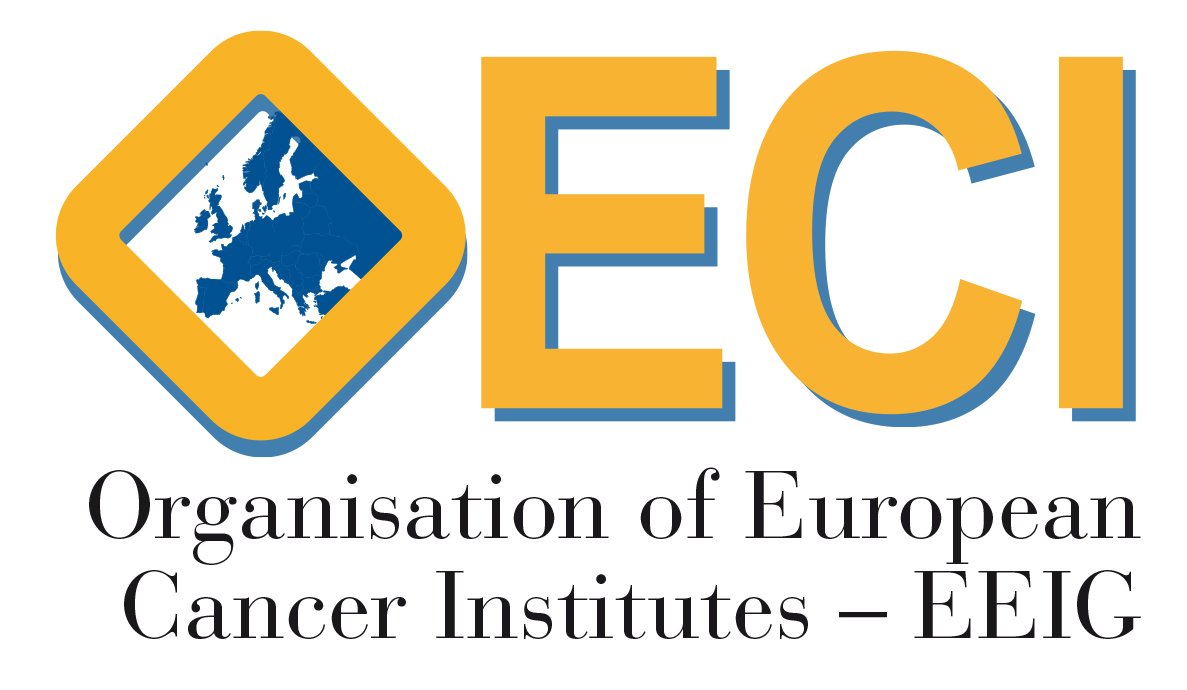Excellent Practices
Preserving, restoring and enhancing the well-being of cancer patients, their relatives and their healthcare professionals: an integrated multidisciplinary supportive care approach
Practice Category: Services
Centre: Institut Jules Bordet (IJB)

Yves Libert
yves.libert@bordet.be
Challenge which the practice addresses
Cancer treatments and the progression of cancer can lead to numerous medium and long-term side effects at the somatic, psychological and interpersonal levels. These side effects can make it difficult for patients to complete their cancer treatments with optimal compliance. Patients’ relatives are also strongly impacted by cancer at the psychological and relational levels. Oncology is faced with the challenge to optimise the quality of life of cancer patients and their relatives with respect to physical, psychological and relational well-being aspects. To meet this challenge an integrated multidisciplinary supportive care approach is needed.
Solution
- To develop psychological interventions supported by written manuals and assess their efficacy on cancer patients and their relatives at different stages of the disease, using rigorous methodologies (such as randomisation between early versus late intervention)
- To develop programmes for training cancer physicians in communication skills to prevent burn-out and to improve their well-being, and consequently improve patients’ satisfaction with their medical care and compliance with their physicians’ advice
- To develop supportive care interventions allowing multidisciplinary care for all patients and their relatives, aimed at better management of their symptoms (e.g. pain, distress, mucositis, skin toxicities, sleep disturbances).
- To screen on a regular basis using validated tools (i.e. Edmonton Symptom Assessment System (ESAS), Montreal Cognitive Assessment (MoCA)).

Impact
The impact on clinical practices is documented through rigorous methodologies in past and current trials addressing the following outcomes:
- improved regulation of anxiety at the beginning of the survivorship period
- improved emotional regulation in patients with metastatic disease and in patients who have exhausted active cancer treatment options
- improved self-efficacy of cancer patients in communicating with their children about their disease
- improved communication skills addressing uncertainty and hope
- improved decision-making process regarding therapeutic limitations for hospitalised patients with advanced cancer
- increased Inpatients’ satisfaction with supportive care and the decision-making process at the end of life
Critical success factors
- The first success factor is the multidisciplinary collaboration of a psycho-oncology team and an Acute Supportive Care Unit. The psycho-oncology team is composed of 3 psychiatrists and 9 psychologists who are fully dedicated to cancer patients and their relatives, and to the physicians and nurses who care for them. The Acute Supportive Care Unit comprises 2 physicians, and 15 nurses responsible for 8 beds. Both teams are involved in a multidisciplinary clinical approach on a daily basis, focusing on patients and their relatives. This clinical approach is assessed using rigorous methodologies.
- The second success factor is the continuous training process of the health care professionals in these two teams, in the areas of psycho-oncology, of supportive cancer care, and research.
- The third success factor is the strong support from the hospital.
Next steps
The development of future interventions aimed at promoting:
- improved regulation of emotions of distressed patients at the beginning of the survivorship period
- empowerment of cancer patients with metastatic disease – improved communication between cancer patients and their children
- increased transfer of learned communication skills in health care to professionals’ clinical practice
- systematic Advanced Care Planning for patients with advanced cancer
- promotion of Early Supportive Care.

